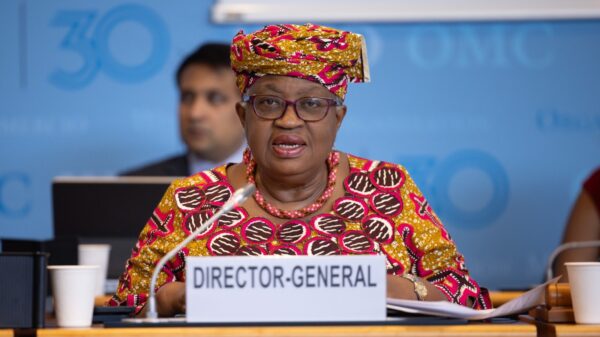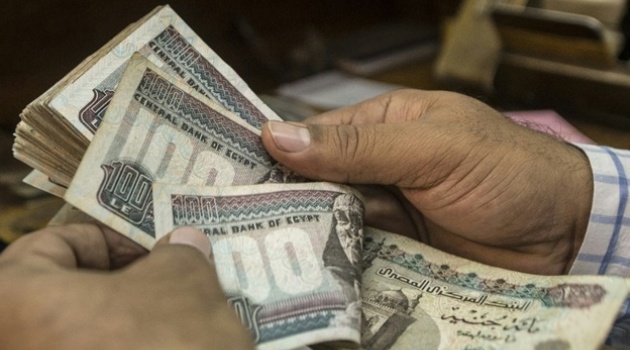NAIROBI, Kenya, Oct 6 – News that Mombasa could in a few years be the landing point of yet another international undersea fibre optic cable have once again sparked debate over lower connectivity costs for internet users.
Despite the current connection through three live cables, consumers have continued to pay high internet costs triggering a prolonged public outcry.
Telecommunications service providers have however maintained that they have reduced their prices in proportion to the increased capacity brought about by TEAMS, SEACOM and EASSy cables in the country.
Not only are they offering reliable services but high speeds as well, they have argued.
“Prices have come down. It’s just that people have not realised that in terms of the offers that we are proposing to the market that prices have in deed come down dramatically,” asserted Safaricom’s Chief Commercial Officer (CCO) Peter Arina.
To support his argument, the CCO compared the price of one megabit (MB) of bandwidth offered by Safaricom at Sh8 six months ago to those accessing the internet from the mobile handset with the current rate where for Sh8, consumers are getting unlimited daily bundle of 10MB per second.
“10MB at Sh8 tells me its now 80 cents (for 1MB/s). For those who are using their laptops, we are selling unlimited 300MB for Sh999 compared to Sh2, 999 that we used to sell it at six months ago,” he stated.
“If you don’t call that a price reduction, then I don’t know the meaning of the word,” Mr Arina declared.
AccessKenya Managing Director of Internet Services Chris Senanu concurred, adding that Kenya has the most competitive internet rates compared to other countries in the region and across the continent.
These rates coupled with the existence of an experienced ‘technological’ workforce have spurred not only growth in the telecommunications sector but also encouraged competition.
“We have fantastic competition in this market. We are having the GSM players coming into data and other new data players coming in so it puts us on our toes. At the end of the day, it is a very competitive market and what you are going to see going forward are innovative products coming up,” Mr Senanu added.
But even with the innovation, he argued that a further price reduction is still hinged on increased internet usage where the average user has at least two megabits per second.
“We are not yet there. Most people have 256Kbps (kiloBYTES per second) or 512Kbps bandwidth. We need to move to a situation where people have a minimum of 2mb even at home and that’s where you’ll see that our prices are at par with the international ones,” he said.
The over 34 ISPs in the market Mr Senanu said were not worried by government’s threats to regulate prices saying market forces of demand and supply have helped determine and lower internet charges.
“There is no need for the government to come and regulate the market. People vote with their feet; if you are too expensive and you are not giving services, people will move to another provider,” the MD asserted.
Despite such assertions from the industry however, a survey commissioned last year and released early March showed that high cost and slow speed of connectivity are still major challenges that hinder many users from spending more time online.























